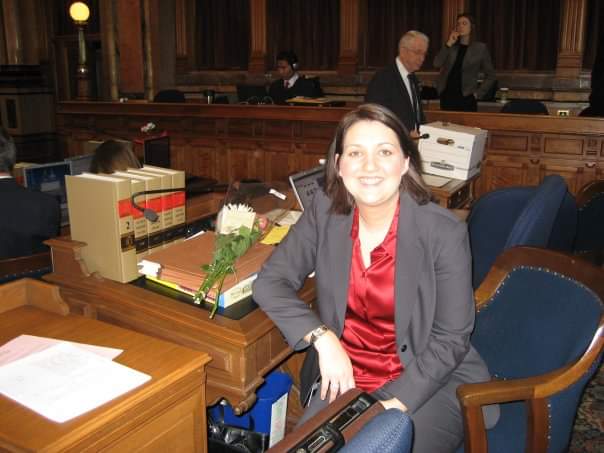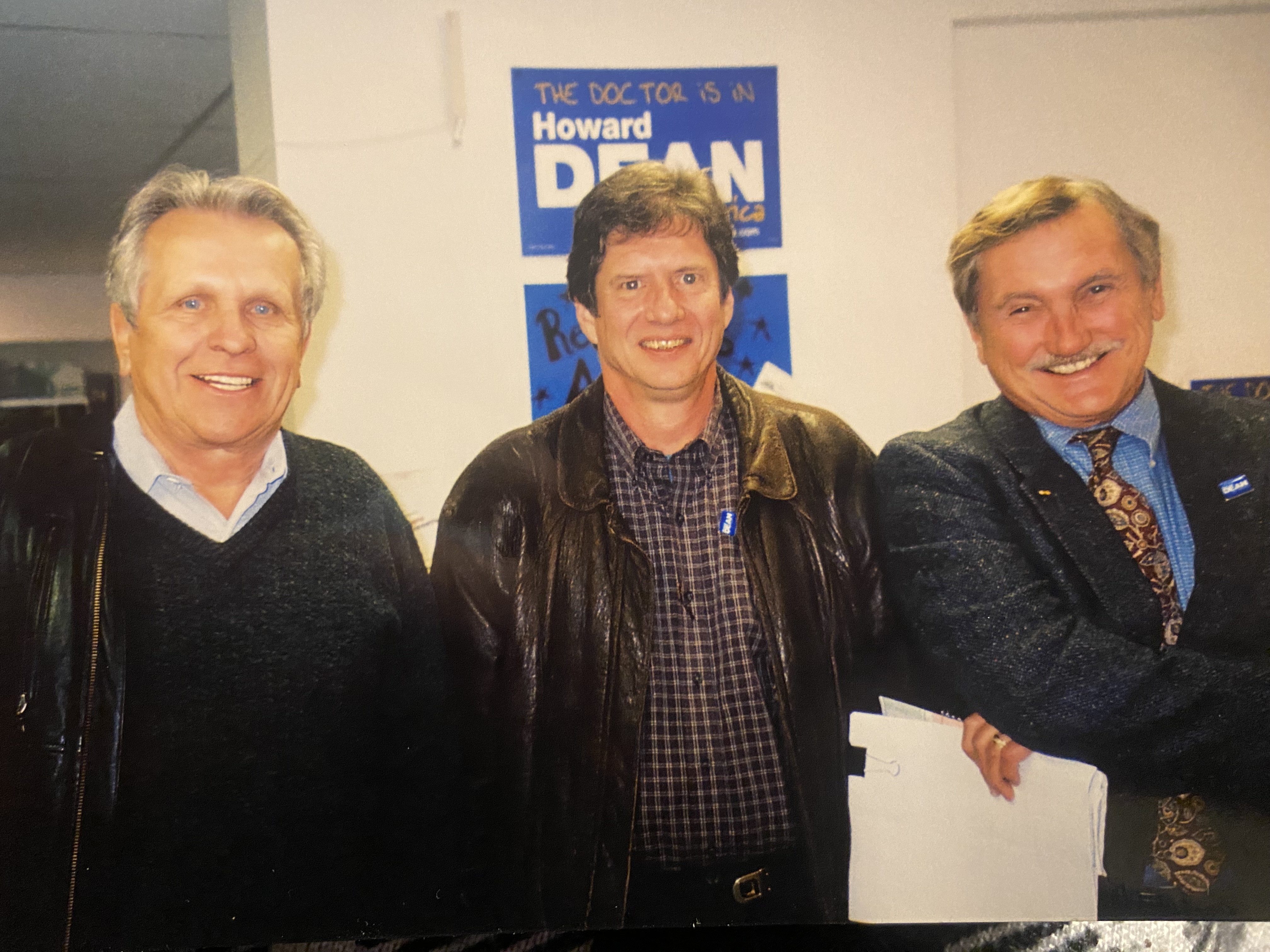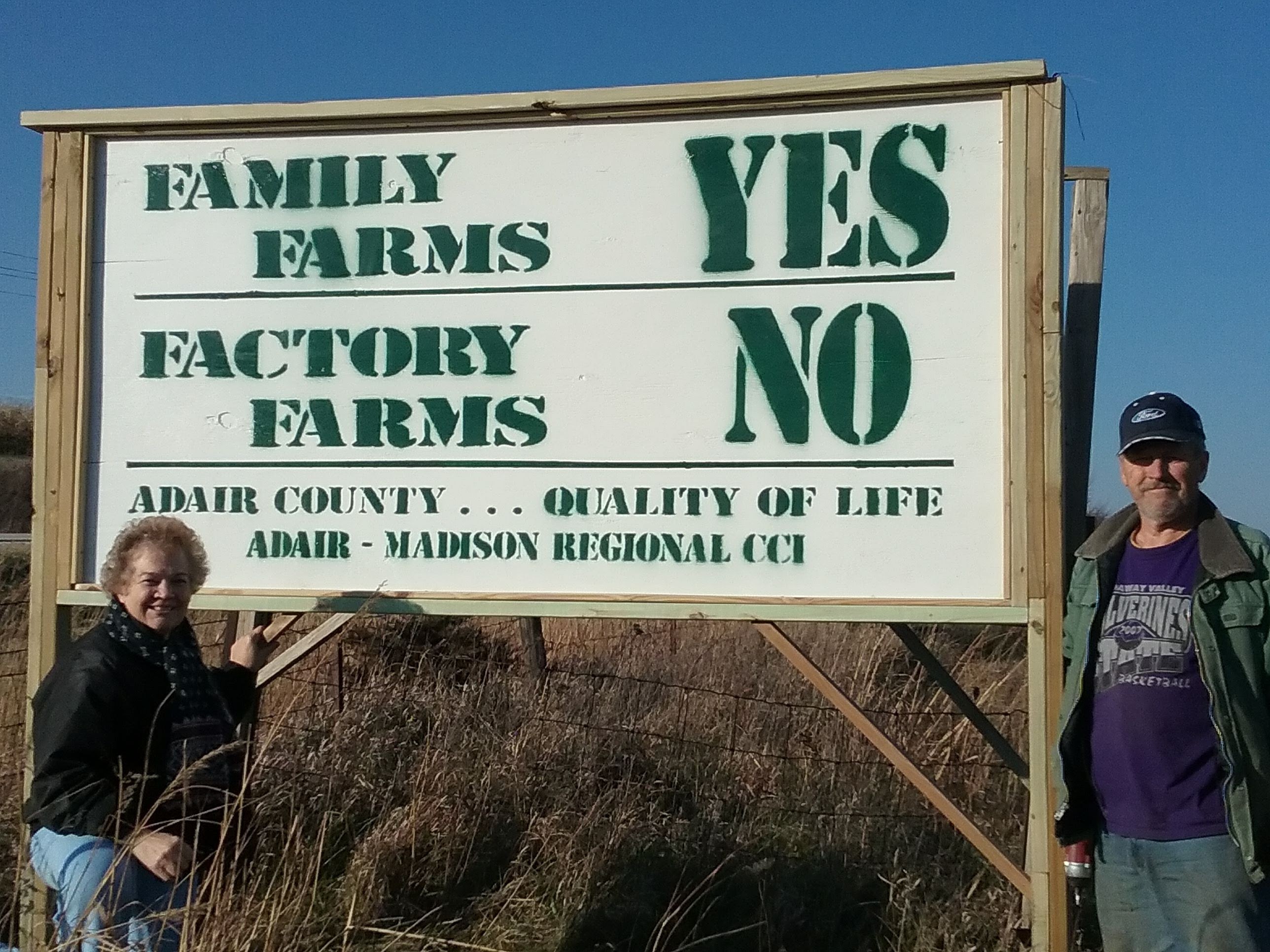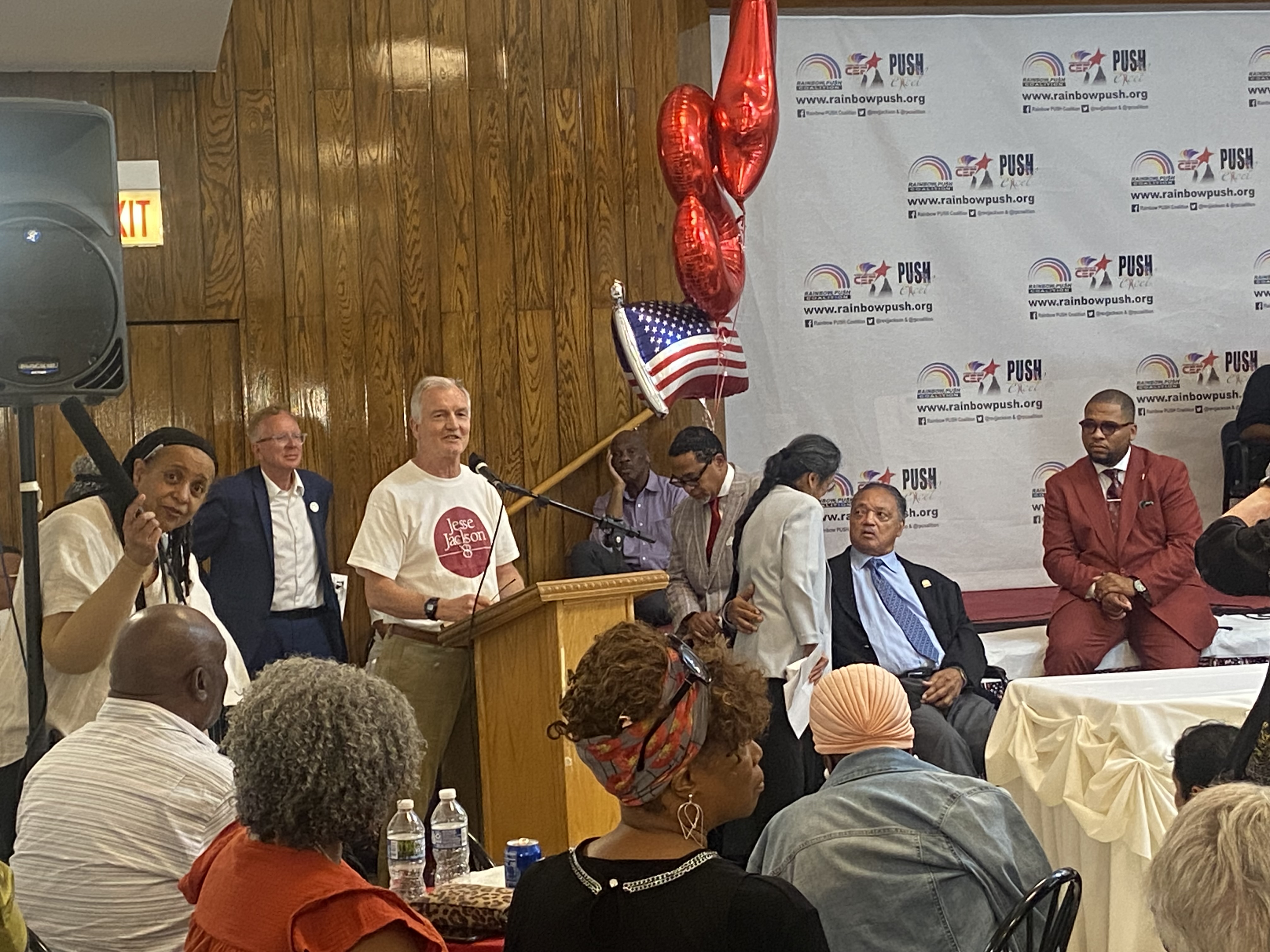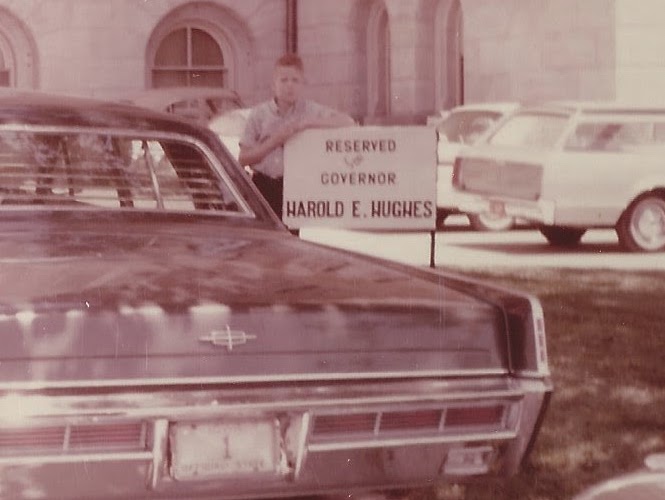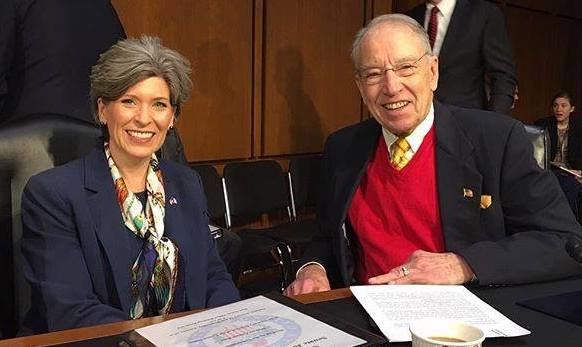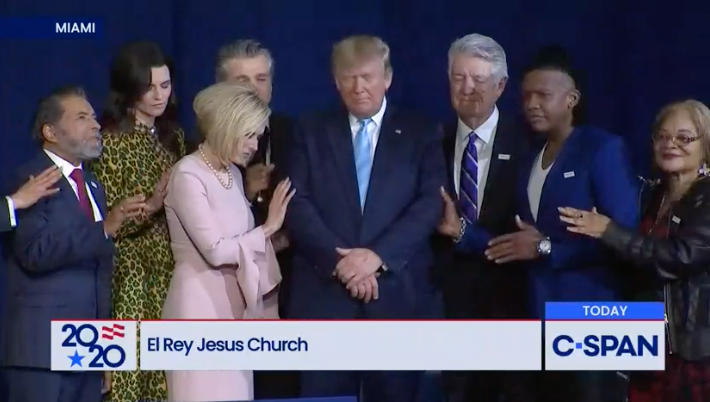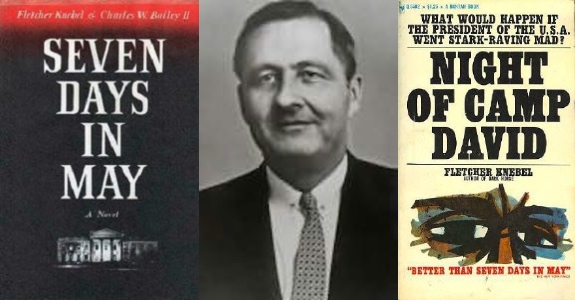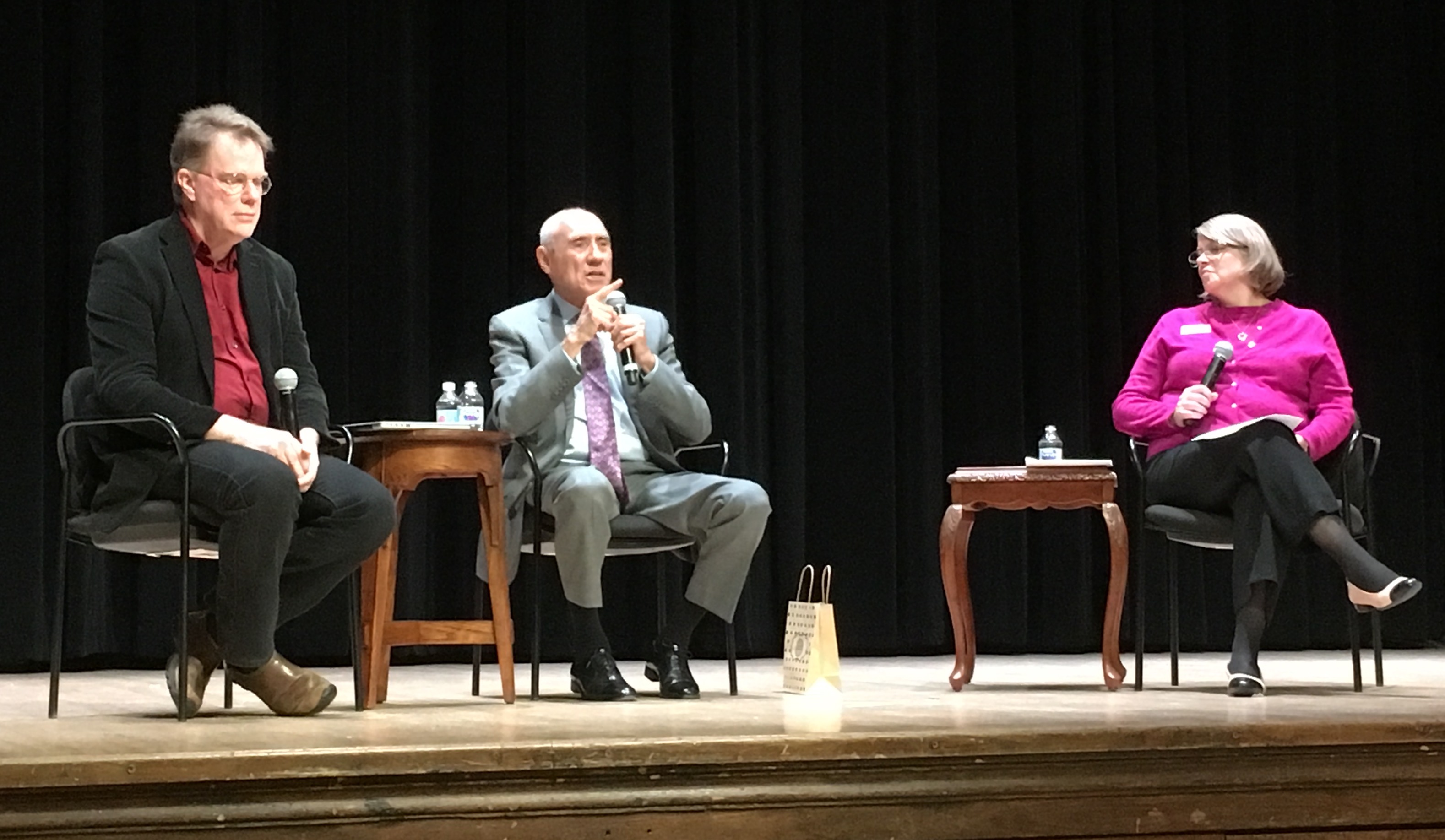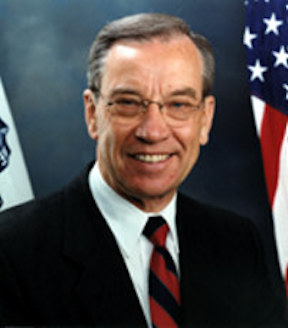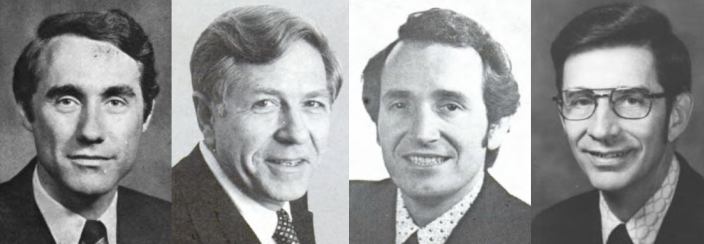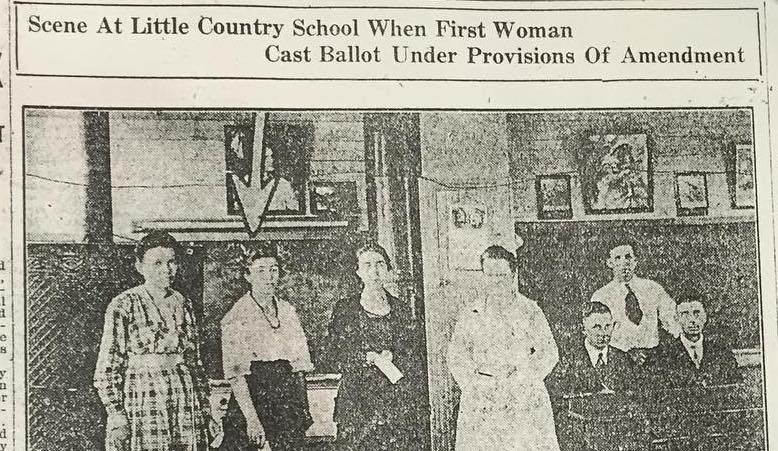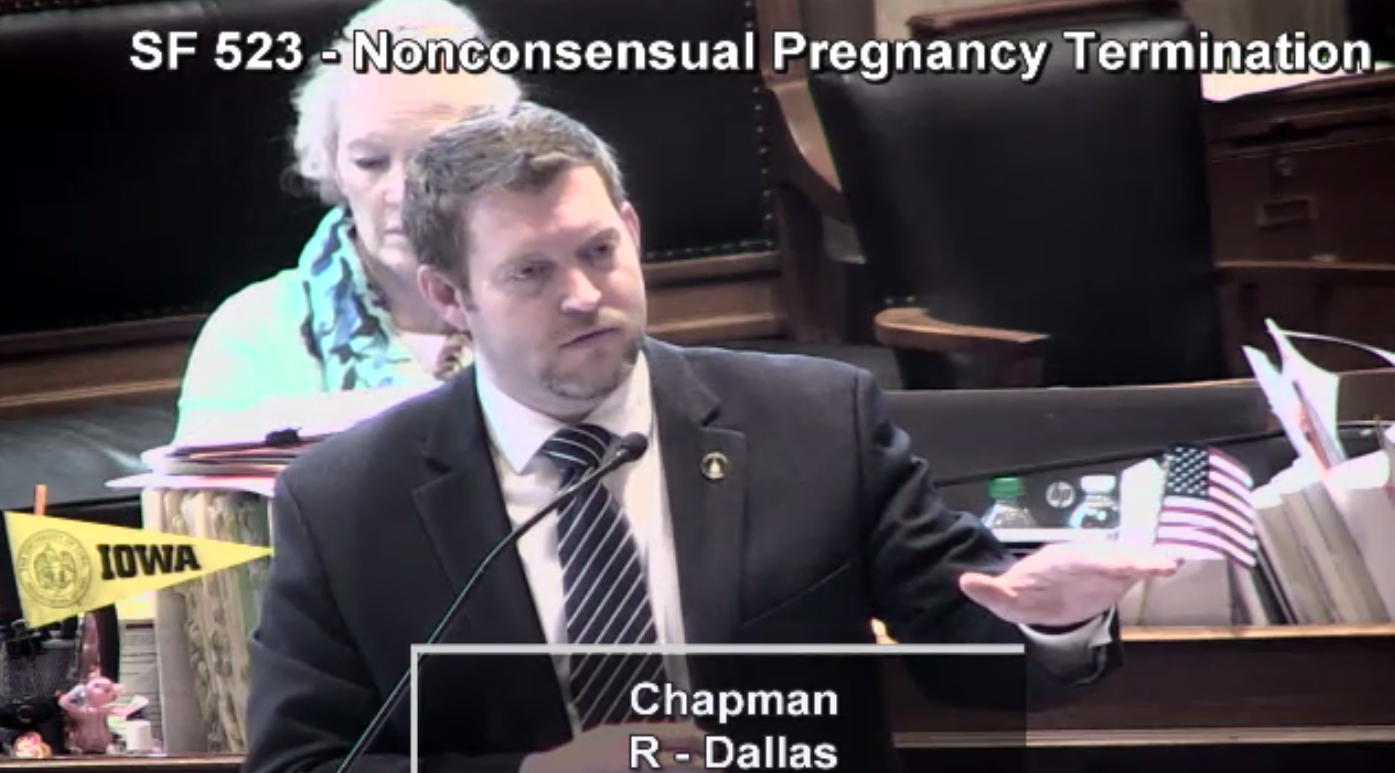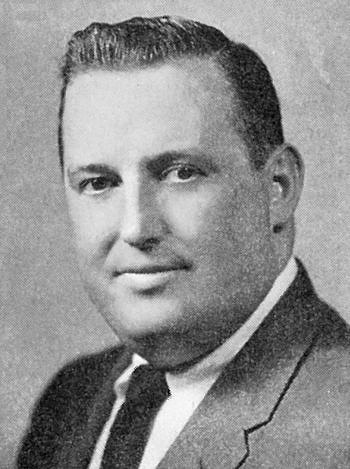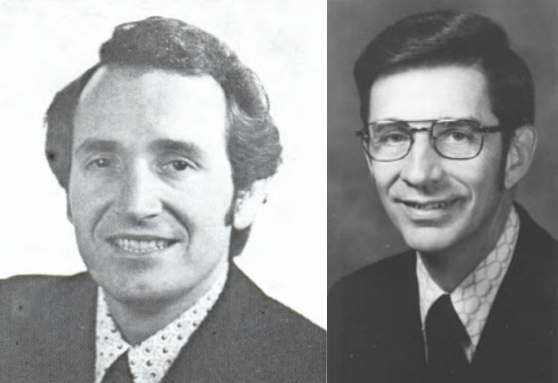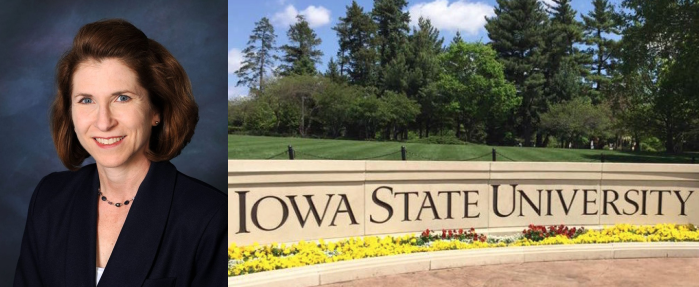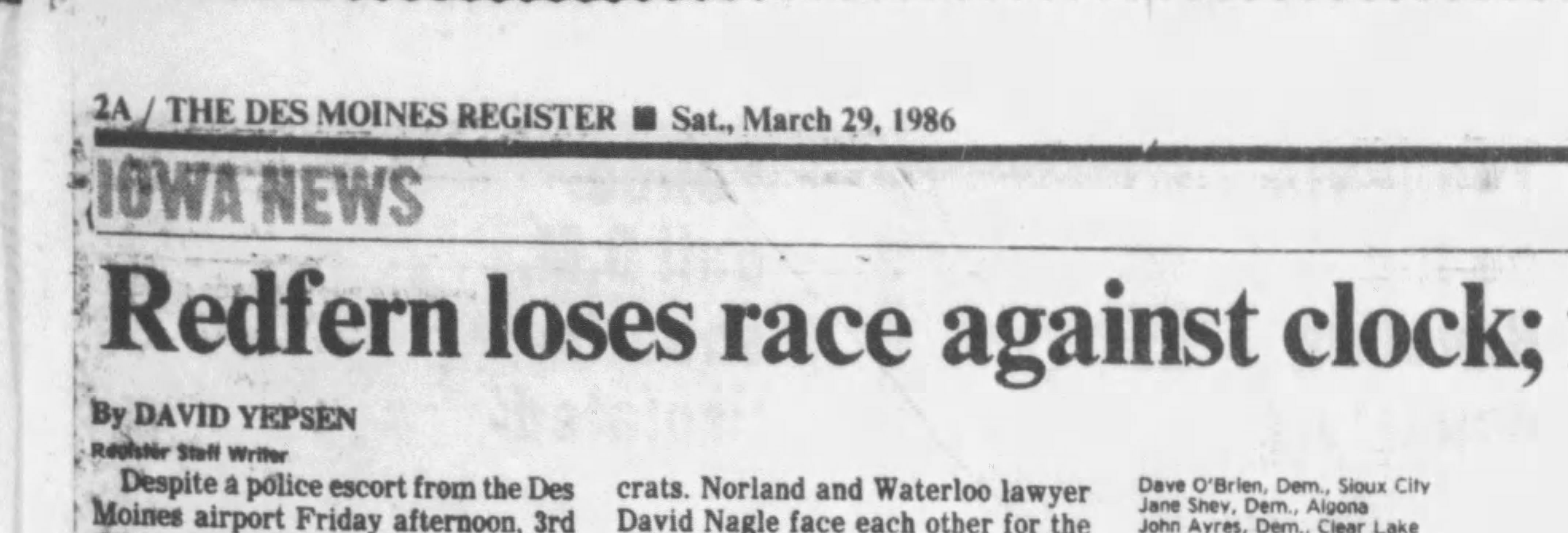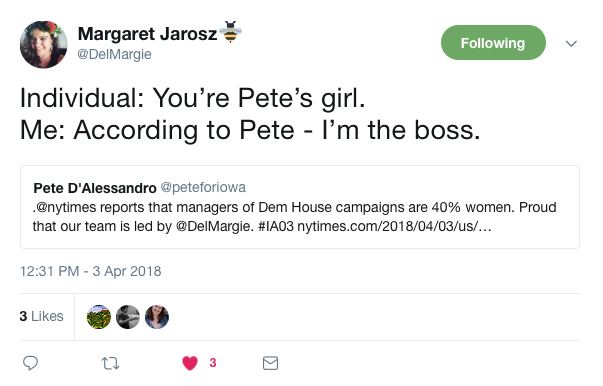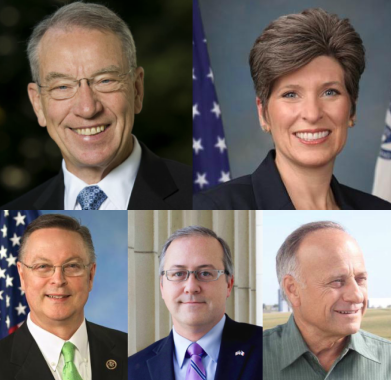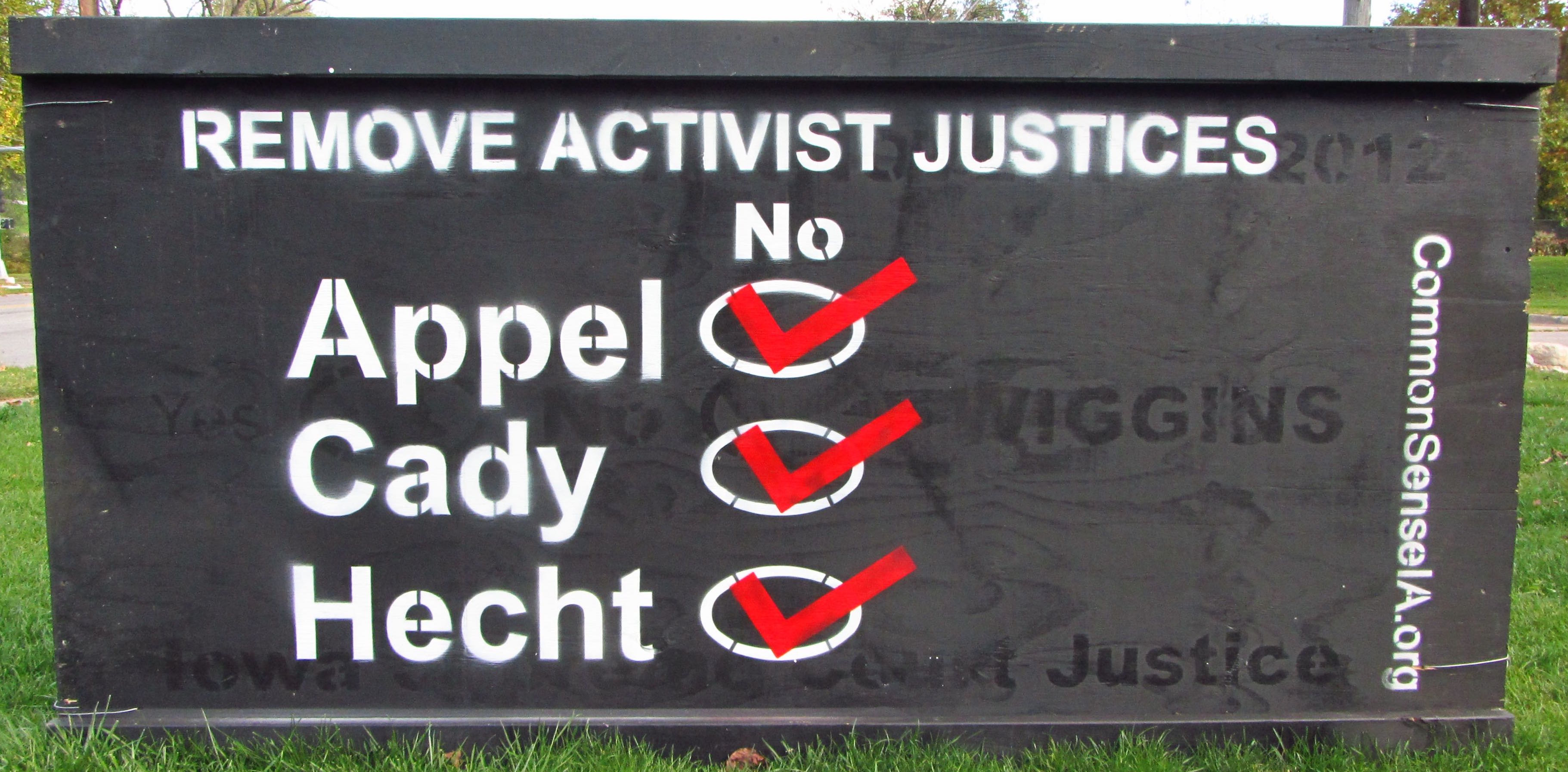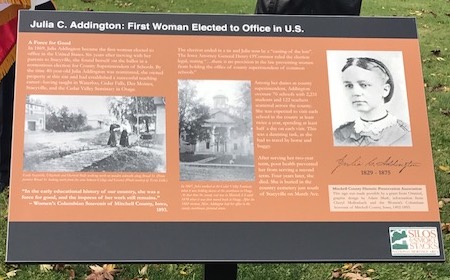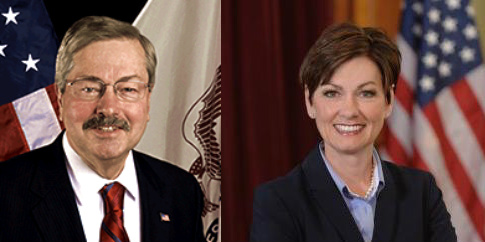Elesha Gayman is a Mom, educator, advocate, Iowan, and American who served in the Iowa House from 2007 through 2010. She has been speaking truth to power since age 14 and writing to change hearts and minds since 2025.
Can you recall a moment in your life when you changed your position on an issue or shifted an opinion you held?
I am not talking about changing your mind on whether to go out to dinner or stay in, but rather a fundamental shift in your beliefs. How did that happen? Was it a massive heart attack or near-death experience that you needed to survive to finally stop smoking or start exercising?
When I challenge myself with these questions, one thing is clear: I am more stubborn than I would like to admit. I don’t make decisions in haste and am very good at sitting on the fence until I get adequate information to formulate a position or opinion. In the Iowa legislature, we often referred to this as “keeping our powder dry.”
Continue Reading...
